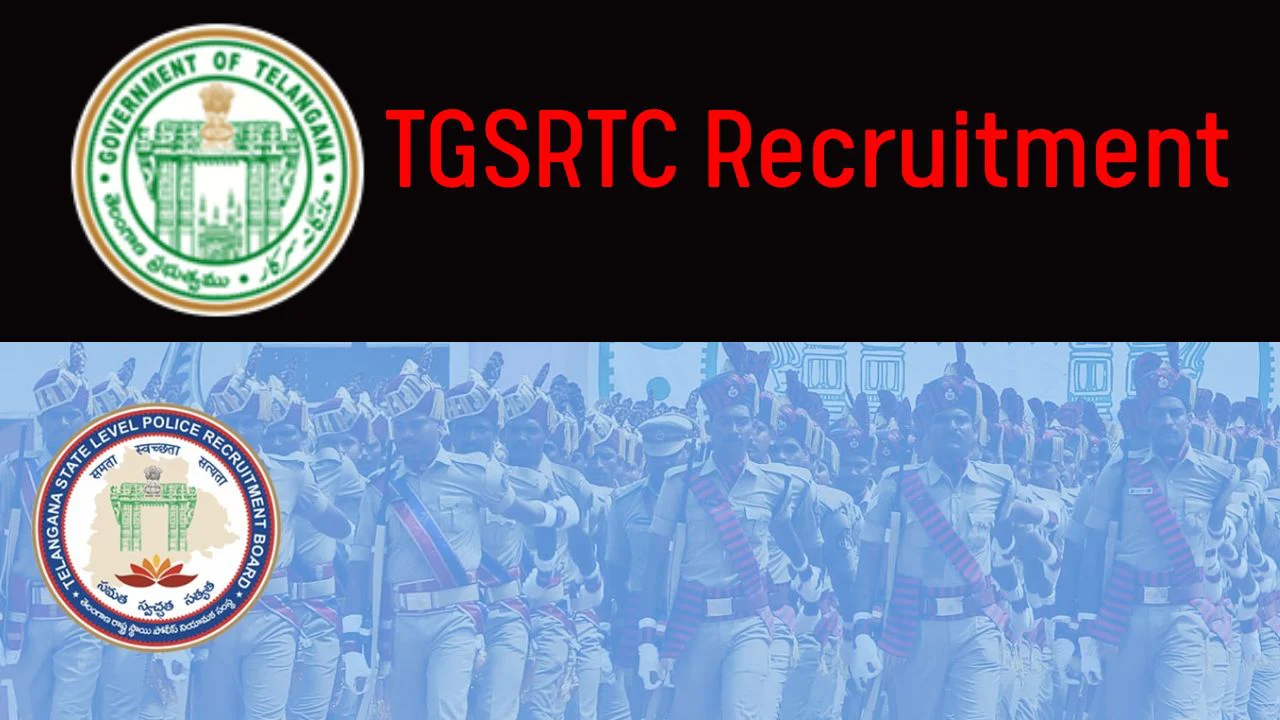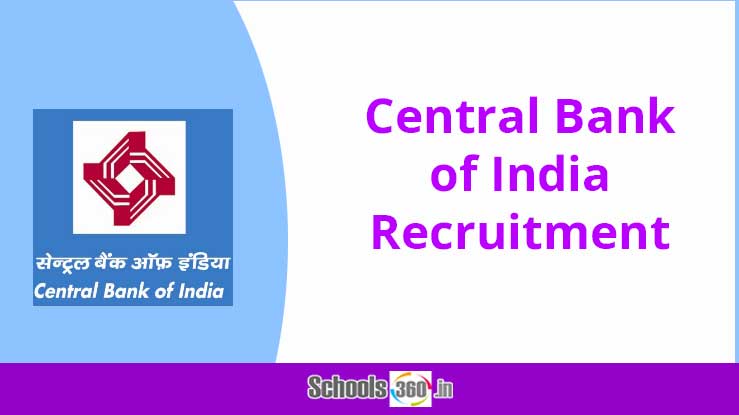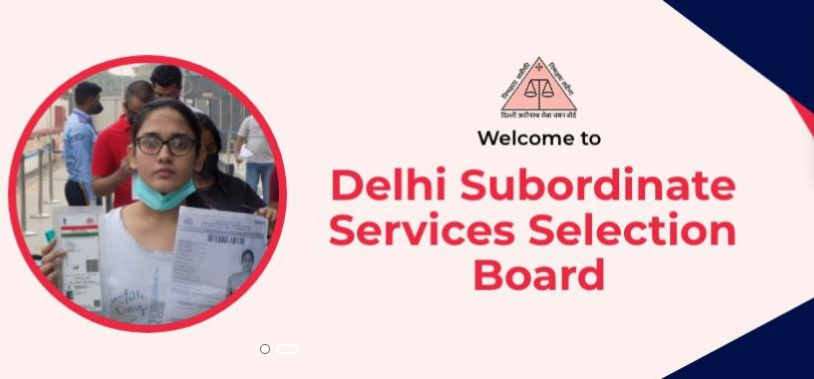Punjab TET 2024 @pseb.ac.in| PSTET 2024 Application Process Started: Punjab State Education Board has Released a Notification for PSTET 2024 which is to be held on 12th March 2024 across the State. As per the official Notification Released on the Website of PSEB at pseb.ac.in, The Application Process will Start on 21st Oct 2024 and End on 4th Nov 2024.
PSTET 2024 – Important Dates
| Event | Date |
| Starting Date of Applications | 18th February 2024 |
| Last Date for Applications | 28th February 2024 |
| Punjab TET 2024 Exam Date | 12th March 2024 |
Eligibility for PSTET 2024
Educational Qualifications
12th / Graduation or Equivalent / Must pass or appear 1 yr B.Ed or final year of (2 yr Diploma or 4 yr Degree in Elementary School.
Note :
1. Any resident of India can appear in the paper of PSTET.
2. As per NCTE Guidelines, candidates who passed D.El.Ed. Course / B.Ed. Course or appearing in the course can appear in the examination.
3. The TET paper is taken by the department as per the directions / guidelines of NCTE.
4. No specific minimum or maximum age limit is prescribed for the candidates.
5. Candidates appearing from states (other than Punjab Domicile) will be considered only in the General Category with regard to fees. The same fee which is fixed for the General Category candidate (i.e. Rs. 1000/- separately each for Paper I and Paper II), is to be charged from candidates of other states.
6. A candidate can register his/her email id and Mobile No. only once. After successful registration, candidate shall login using email id and proceed to next step to fill Basic Details, Upload Photo/Signature, Fill Academic Details, Fill Test Details, Candidate Preview & Fee, and finally pay the fee.
5. Candidate must give his/her own Email ID and Mobile Number. These will be used for future correspondence.
6. A candidate can apply in one category only.
7. A candidate may apply for both Paper I and Paper II, subject to fulfillment of Educational Qualifications and Eligibility criteria as prescribed by NCTE from time to time. Application Form for a paper is complete only after successful fee payment for the given paper.
8. Candidate must fill the details very carefully, if any details are found incorrect, candidate shall be disqualified.
Application Fee for Punjab TET 2024
| General / OBC | Rs.600/- |
| SC/ ST | Rs.300/- |
| Ex-Serviceman (Self) | No Fee |
Important links for Punjab TET 2024
| PSEB Official Website | Click Here |
| PS TET 2024 Notification | Click Here |
Punjab State TET (PSTET) 2024 Exam Pattern
| Paper-1 | primary teacher to teach for classes 1st -5th | 150 multiple choice questions | 2 hours and 30 minutes | Each question will carry 1 mark | If any candidate wants to teach for both the levels (Classes 1st to 5th and Classes 6th to 8th), he/she has to appear in both the papers |
| Paper-2 | upper primary teacher, you will be teaching for classes 5th-8th | 150 multiple choice questions | 2 hours and 30 minutes | Each question will carry 1 mark |
PSTET Paper-1 Exam Pattern (for teaching Classes I-V)
| Section | Subject | No. of Questions | Marks |
| (i) | Child development and Pedagogy | 30 MCQs | 30 Marks |
| (ii) | Language I | 30 MCQs | 30 Marks |
| (iii) | Language II | 30 MCQs | 30 Marks |
| (iv) | Mathematics | 30 MCQs | 30 Marks |
| (v) | Environmental Studies | 30 MCQs | 30 Marks |
| Total | 150 MCQs | 150 Marks |
PSTET Paper-2 Exam Pattern (for teaching classes VI to VIII)
| Section | Subject | No. of Questions | Marks |
| (i) | Child development and Pedagogy (compulsory) | 30 MCQs | 30 Marks |
| (ii) | Language I (compulsory) | 30 MCQs | 30 Marks |
| (iii) | Language II (compulsory) | 30 MCQs | 30 Marks |
| (iv) | (a)For Mathematics & Science Teacher: Mathematics and Science Or, (b) For Social Studies/Social Science teacher:- Social Science | 60 MCQs | 60 Marks |
| Total | 150 MCQs | 150 Marks |
PSTET 2024 syllabus
PSTET 2024 Paper-I syllabus
| Subject | Topics |
| I. Child Development and Pedagogy – 30 Questions | (a) Child Development (Primary School Child) • Concept of development and its relationship with learning • Principles of the development of children • Influence of Heredity & Environment • Socialization processes: Social world & children (Teacher, Parents, Peers) • Piaget, Kohlberg and Vygotsky: constructs and critical perspectives • Concepts of child-centered and progressive education • Critical perspective of the construct of Intelligence • Multi-Dimensional Intelligence • Language & Thought • Gender as a social construct; gender roles, gender-bias and educational practice • Individual differences among learners, understanding differences based on diversity of language, caste, gender, community, religion etc. • A Distinction between Assessment for learning and assessment of learning; • School-Based Assessment, Continuous & Comprehensive Evaluation: perspective and practice • Formulating appropriate questions for assessing readiness levels of learners; for enhancing learning and critical thinking in the classroom and for assessing learner achievement. (b) The Concept of Inclusive education and understanding children with special needs – 5 Questions •Addressing learners from diverse backgrounds including disadvantaged and deprived • Addressing the needs of children with learning difficulties, ‘impairment’ etc. • Addressing the Talented, Creative, Specially abled Learners (c) Learning and Pedagogy – 5 Questions • How children think and learn; how and why children ‘fail’ to achieve success in school performance. • Basic processes of teaching and learning; children’s strategies of learning; learning as a social activity; social context of learning. • Child as a problem solver and a ‘scientific investigator’ • Alternative conceptions of learning in children, understanding children’s ‘errors’ as significant steps in the learning process. • Cognition & Emotions • Motivation and learning • Factors contributing to learning – personal & environmental |
| II. Language I – 30 Questions | (a) Language Comprehension Reading unseen passages – two passages one prose or drama and one poem with questions on comprehension, inference, grammar and verbal ability (Prose passage may be literary, scientific, narrative or discursive). (b) Pedagogy of Language Development • Learning and acquisition • Principles of language Teaching • Role of listening and speaking; function of language and how children use it as a tool • Critical perspective on the role of grammar in learning a language for communicating ideas verbally and in written form • Challenges of teaching language in a diverse classroom; language difficulties, errors and disorders • Language Skills • Evaluating language comprehension and proficiency: speaking, listening, reading and writing • Teaching- learning materials: Textbook, multi-media materials, multilingual resource of the classroom • Remedial Teaching |
| III. Language – II – 30 Questions | (a) Comprehension Two unseen prose passages (discursive or literary or narrative or scientific) with question on comprehension, grammar and verbal ability. (b) Pedagogy of Language Development -15 Questions • Learning and acquisition • Principles of language Teaching • Role of listening and speaking; function of language and how children use it as a tool • Critical perspective on the role of grammar in learning a language for communicating ideas verbally and in written form; • Challenges of teaching language in a diverse classroom; language difficulties, errors and disorders • Language Skills • Evaluating language comprehension and proficiency: speaking, listening, reading and writing • Teaching – learning materials: Textbook, multi-media materials, multilingual resource of the classroom • Remedial Teaching |
| IV. Mathematics – 30 Questions | (a) Content • Geometry • Shapes & Spatial Understanding • Solids around Us • Numbers • Addition and Subtraction • Multiplication • Division • Measurement • Weight • Time • Volume • Data Handling • Patterns • Money (b) Pedagogical issues • Nature of Mathematics/Logical thinking; understanding children’s thinking and reasoning patterns and strategies of making meaning and learning • Place of Mathematics in Curriculum • Language of Mathematics • Community Mathematics • Evaluation through formal and informal methods • Problems of Teaching • Error analysis and related aspects of learning and teaching • Diagnostic and Remedial Teaching |
| V. Environmental Studies – 30 Questions | a) Content i. Family and Friends: Relationships, Work and Play, Animals, and Plants ii. Food iii. Shelter iv. Water v. Travel vi. Things We Make and Do (b) Pedagogical Issues • Concept and scope of EVS • Significance of EVS, integrated EVS • Environmental Studies & Environmental Education • Learning Principles • Scope & relation to Science & Social Science • Approaches of presenting concepts • Activities • Experimentation/Practical Work • Discussion • CCE • Teaching material/Aids • Problems |
PSTET 2024 Paper II (for classes VI to VIII) syllabus
| Subject | Content |
| I. Child Development and Pedagogy- 30 Questions | (a) Child Development (Elementary School Child) • Concept of development and its relationship with learning • Principles of the development of children • Influence of Heredity & Environment • Socialization processes: Social world & children (Teacher, Parents,Peers) • Piaget, Kohlberg and Vygotsky: constructs and critical perspectives • Concepts of child-centered and progressive education • Critical perspective of the construct of Intelligence • Multi-Dimensional Intelligence • Language & Thought • Gender as a social construct; gender roles, gender-bias and educational practice • Individual differences among learners, understanding differences based on diversity of language, caste, gender, community, religion etc. • Distinction between Assessment for learning and assessment of learning; School-Based Assessment, Continuous & Comprehensive Evaluation: perspective and practice • Formulating appropriate questions for assessing readiness levels of learners; for enhancing learning and critical thinking in the classroom and for assessing learner achievement. (b) Concept of Inclusive education and understanding children with special needs – 5 Questions • Addressing learners from diverse backgrounds including disadvantaged and deprived • Addressing the needs of children with learning difficulties, ‘impairment’ etc. • Addressing the Talented, Creative, Specially abled Learners (c) Learning and Pedagogy • How children think and learn; how and why children ‘fail’ to achieve success in school performance. • Basic processes of teaching and learning; children’s strategies of learning; learning as a social activity; social context of learning. • Child as a problem solver and a ‘scientific investigator’ • Alternative conceptions of learning in children, understanding children’s ‘errors’ as significant steps in the learning process. • Cognition & Emotions • Motivation and learning • Factors contributing to learning – personal & environmental |
| II. Language I – 30 Questions | (a) Language Comprehension Reading unseen passages – two passages one prose or drama and one poem with questions on comprehension, inference, grammar and verbal ability (Prose passage may be literary, scientific, narrative or discursive) (b) Pedagogy of Language Development • Learning and acquisition • Principles of language Teaching • Role of listening and speaking; function of language and how children use it as a tool • Critical perspective on the role of grammar in learning a language for communicating ideas verbally and in written form; • Challenges of teaching language in a diverse classroom; language difficulties, errors and disorders • Language Skills • Evaluating language comprehension and proficiency: speaking, listening, reading and writing • Teaching- learning materials: Textbook, multi-media materials multilingual resource of the classroom • Remedial Teaching |
| III. Language II – 30 Questions | (a) Comprehension Two unseen prose passages (discursive or literary or narrative or scientific) with question on comprehension, grammar and verbal ability (b) Pedagogy of Language Development • Learning and acquisition • Principles of language Teaching • Role of listening and speaking; function of language and how children use it as a tool • Critical perspective on the role of grammar in learning a language for communicating ideas verbally and in written form; • Challenges of teaching language in a diverse classroom; language difficulties, errors and disorders • Language Skills • Evaluating language comprehension and proficiency: speaking, listening, reading and writing • Teaching – learning materials: Textbook, multi-media materials, multilingual resource of the classroom • Remedial Teaching |
| IV. Mathematics and Science – 60 Questions | (i) Mathematics (a) Content 20 Questions • Number System • Knowing our Numbers • Playing with Numbers • Whole Numbers • Negative Numbers and Integers • Fractions • Algebra • Introduction to Algebra • Ratio and Proportion • Geometry • Basic geometrical ideas (2-D) • Understanding Elementary Shapes (2-D and 3-D) • Symmetry: (reflection) • Construction (using Straight edge Scale, protractor, compasses) • Mensuration • Data handling (b) Pedagogical issues – 10 Questions • Nature of Mathematics/Logical thinking • Place of Mathematics in Curriculum • Language of Mathematics • Community Mathematics • Evaluation • Remedial Teaching • Problem of Teaching |
| (ii) Science – 30 Questions | (a) Content • Food • Sources of food • Components of food • Cleaning food • Materials • Materials of daily use • The World of the Living • Moving Things People and Ideas • How things work • Electric current and circuits • Magnets • Natural Phenomena • Natural Resources (b) Pedagogical issues • Nature & Structure of Sciences • Natural Science/Aims & objectives • Understanding & Appreciating Science • Approaches/Integrated Approach • Observation/Experiment/Discovery (Method of Science) • Innovation • Text Material/Aids • Evaluation – cognitive/psychomotor/affective • Problems • Remedial Teaching |
| (ii) Science – 30 Questions | (a) Content • Food • Sources of food • Components of food • Cleaning food • Materials • Materials of daily use • The World of the Living • Moving Things People and Ideas • How things work • Electric current and circuits • Magnets • Natural Phenomena • Natural Resources |
| V. Social Studies/Social Sciences – 60 Questions | (a) Content History • When, Where and How • The Earliest Societies • The First Farmers and Herders • The First Cities • Early States • New Ideas • The First Empire • Contacts with Distant lands • Political Developments • Culture and Science • New Kings and Kingdoms • Sultans of Delhi • Architecture • Creation of an Empire • Social Change • Regional Cultures • The Establishment of Company Power • Rural Life and Society • Colonialism and Tribal Societies • The Revolt of 1857-58 • Women and reform • Challenging the Caste System • The Nationalist Movement • India After Independence Geography • Geography as a social study and as a science • Planet: Earth in the solar system • Globe • Environment in its totality: natural and human environment • Air • Water • Human Environment: settlement, transport and communication • Resources: Types-Natural and Human • Agriculture Social and Political Life • Diversity • Government • Local Government • Making a Living • Democracy • State Government • Understanding Media • Unpacking Gender • The Constitution • Parliamentary Government • The Judiciary • Social Justice and the Marginalised (b) Pedagogical issues • Concept & Nature of Social Science/Social Studies • Class Room Processes, activities and discourse • Developing Critical thinking • Enquiry/Empirical Evidence • Problems of teaching Social Science/Social Studies • Sources – Primary & Secondary • Projects Work • Evaluation |










